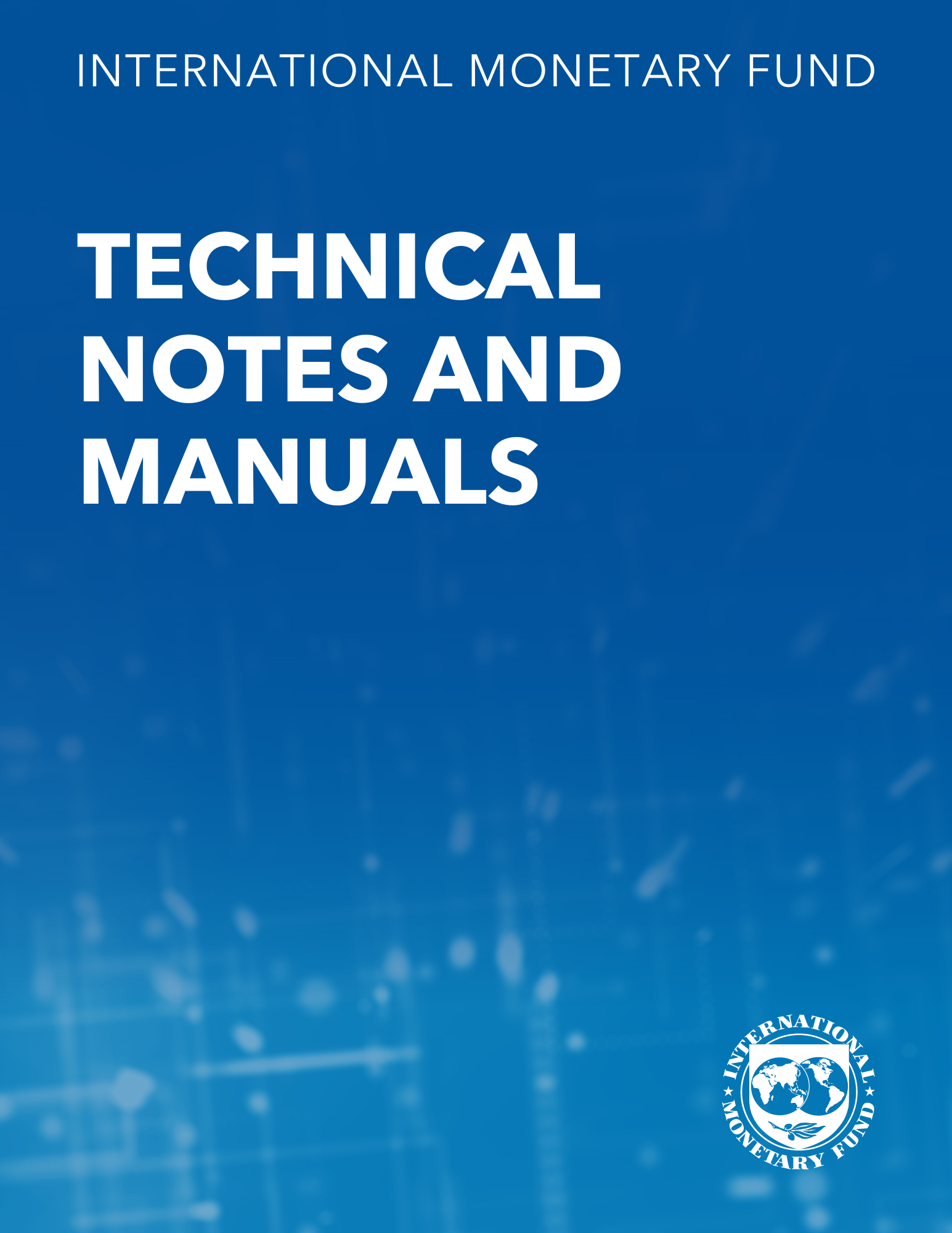The Transmission of Financial Stress from Advanced to Emerging Economies
June 1, 2009
Disclaimer: This Working Paper should not be reported as representing the views of the IMF.The views expressed in this Working Paper are those of the author(s) and do not necessarily represent those of the IMF or IMF policy. Working Papers describe research in progress by the author(s) and are published to elicit comments and to further debate
Summary
This paper studies how financial stress is transmitted from advanced to emerging economies, using a new financial stress index for emerging economies. An episode of financial stress is defined as a period when the financial system's ability to intermediate may be impaired. Previous financial crises in advanced economies passed through strongly and rapidly to emerging economies. In line with this pattern, the unprecedented spike in financial stress in advanced economies elevated financial stress across emerging economies above levels seen during the Asian crisis, but with significant cross-country variation. The extent of pass-through of financial stress is related to the depth of financial linkages between advanced and emerging economies. The paper finds that higher current account and fiscal balances do little to insulate emerging economies from the transmission of financial stress in advanced economies. However, they may help dampen the impact on the real sector of emerging economies and help reestablish financial stability and foreign capital inflows once financial stress subsides.
Subject: Banking, Banking crises, Financial crises, Stock markets, Systemic crises
Keywords: advanced economy, banking crisis, financial market, WP
Pages:
52
Volume:
2009
DOI:
Issue:
133
Series:
Working Paper No. 2009/133
Stock No:
WPIEA2009133
ISBN:
9781451872804
ISSN:
1018-5941







